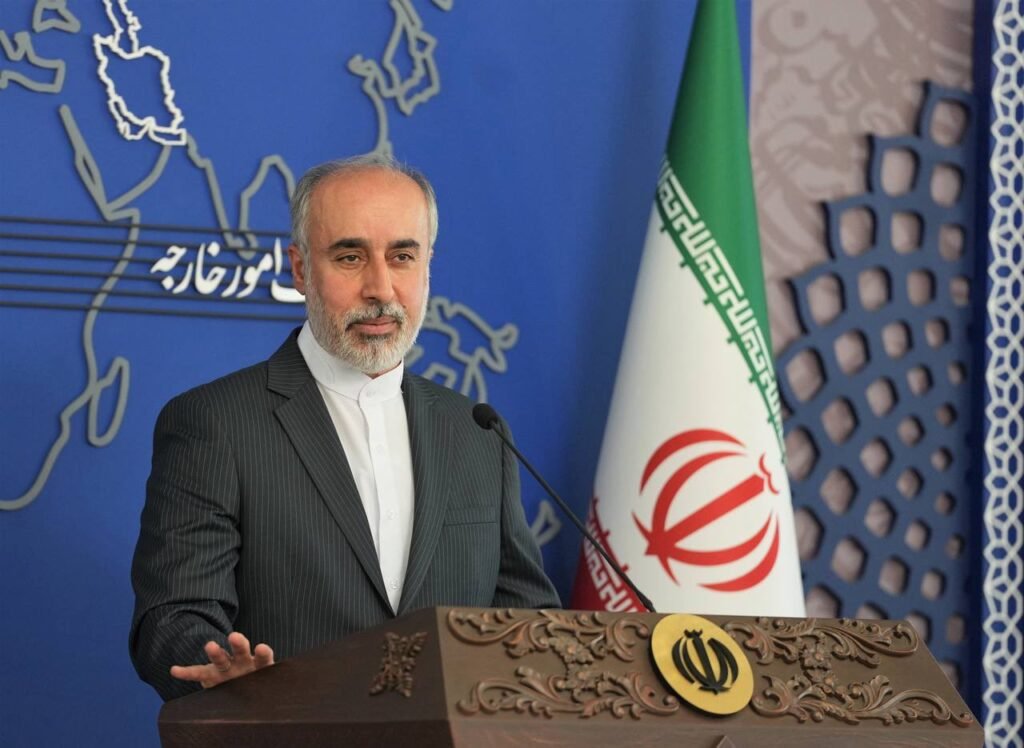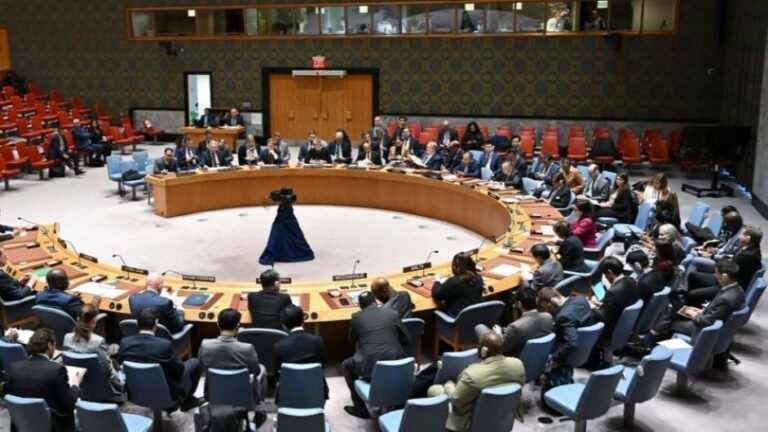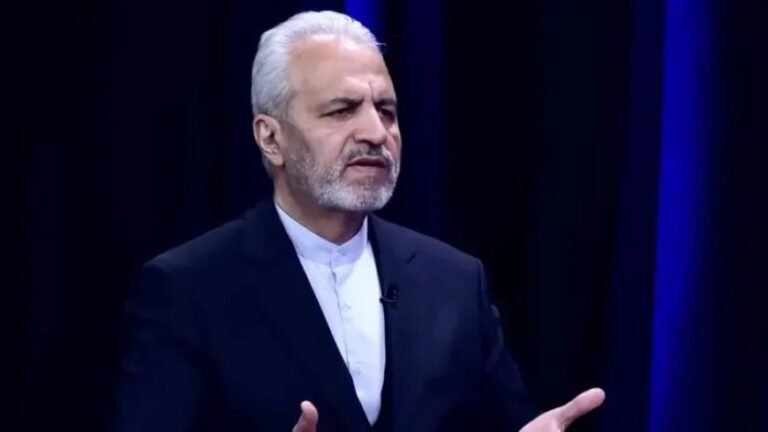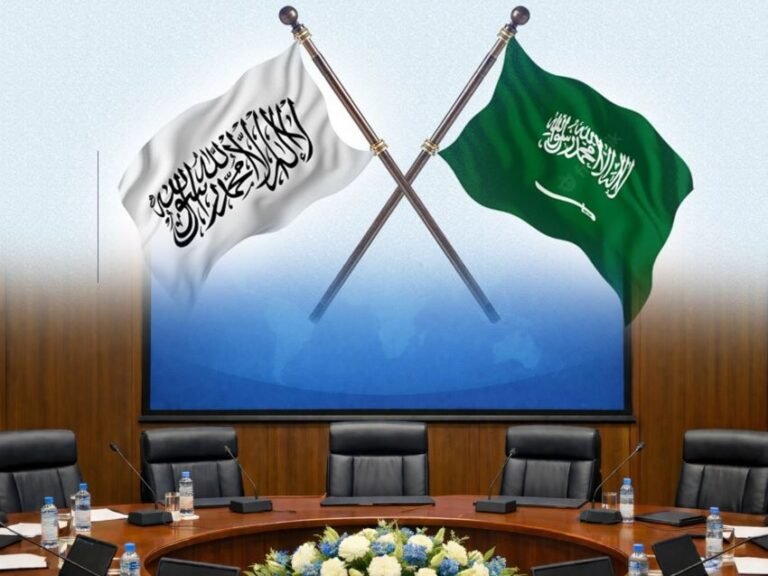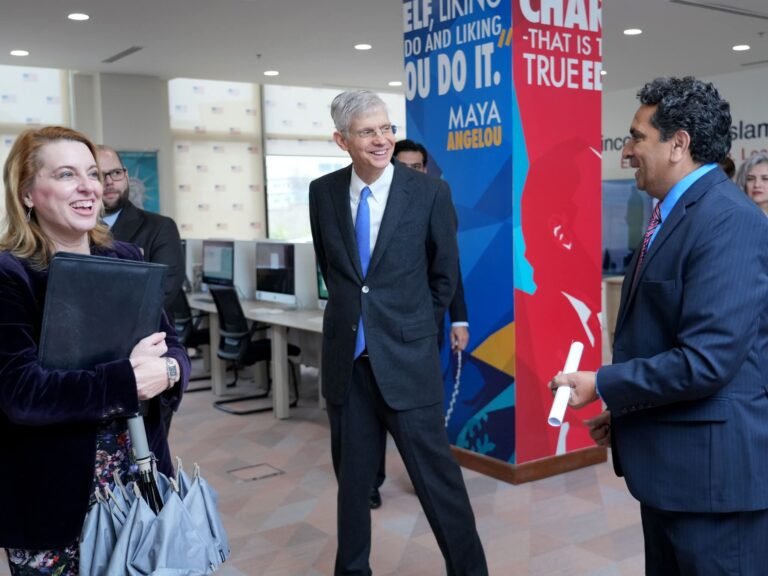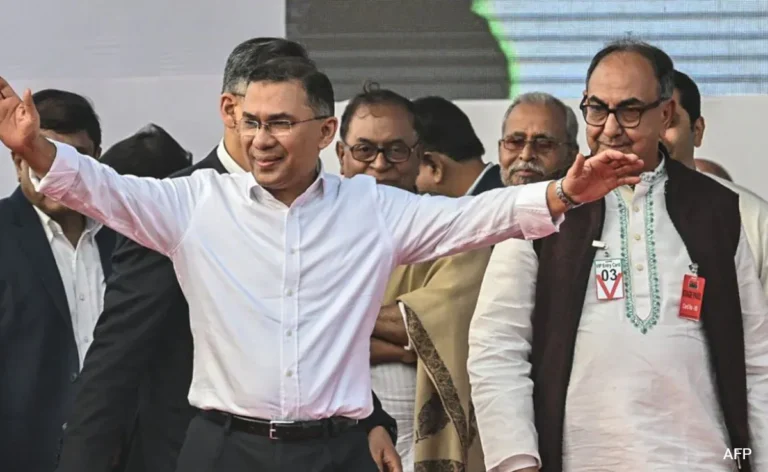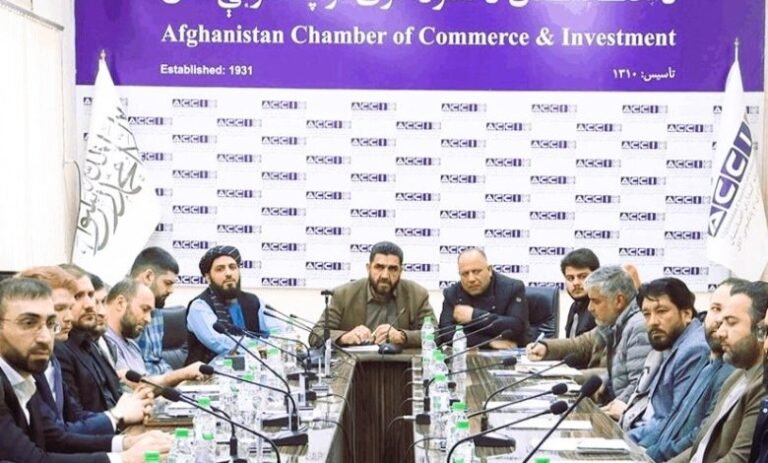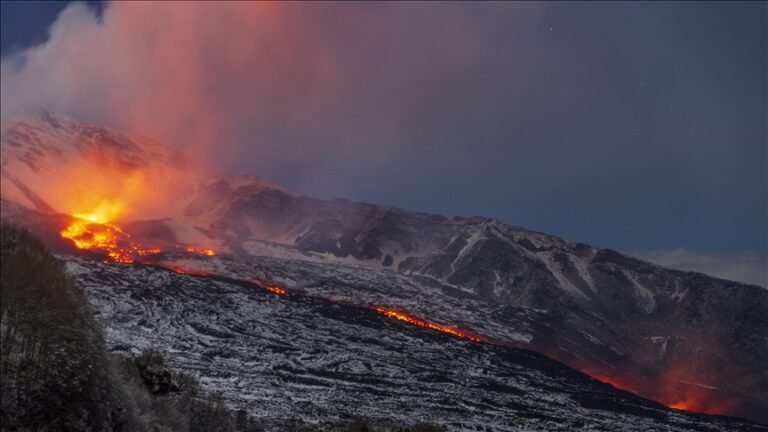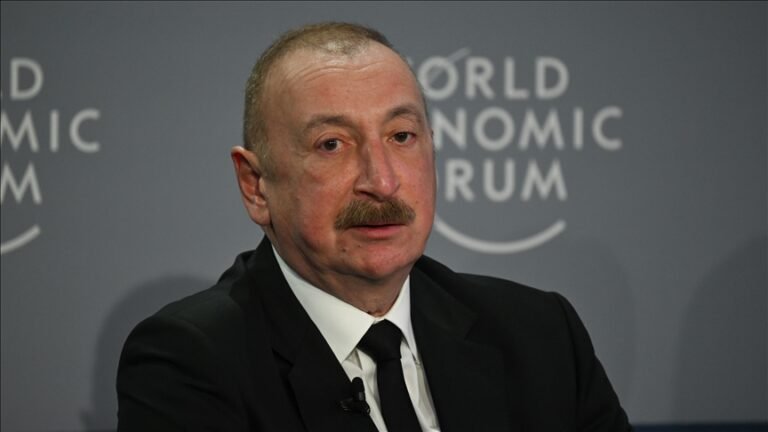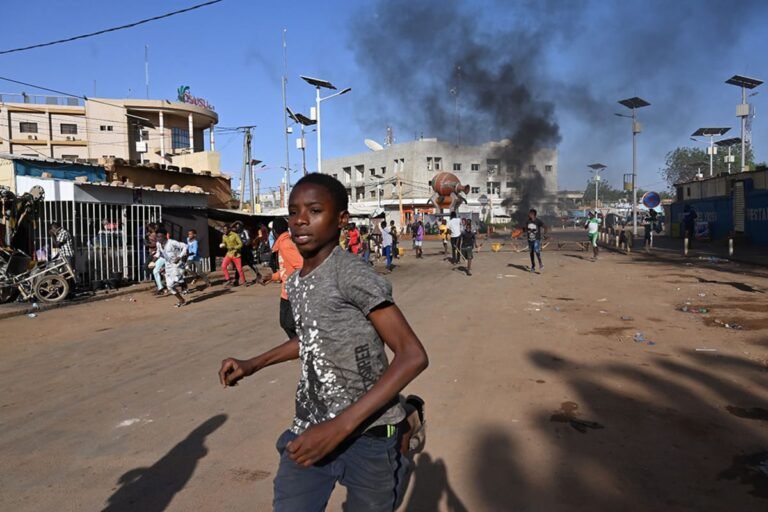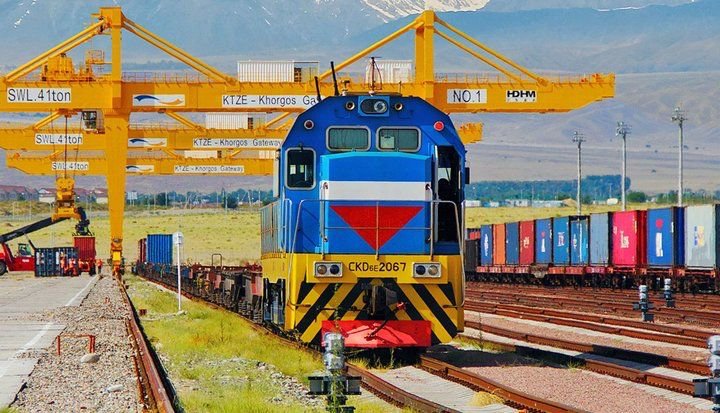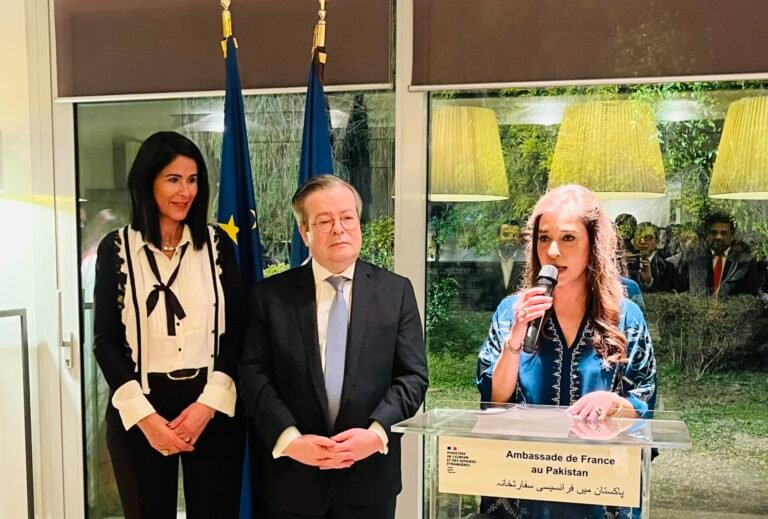Tehran, 13 November 2023 (TDI): Nasser Kanaani, the spokesman of the Ministry of Foreign Affairs of Iran, revealed that the majority of Iran’s proposed initiatives were successfully incorporated into the resolution adopted at the emergency summit of the Organization of Islamic Cooperation (OIC) held in Riyadh.
Kanaani emphasized the strength and firmness of the resolution, citing key provisions that address the ongoing conflict in the region.
❇️ Kanaani: Most of Iran’s proposals incorporated into OIC summit resolution in #Riyadh
— Foreign Ministry, Islamic Republic of Iran (@IRIMFA_EN) November 12, 2023
✅In response to a question about the resolution approved by the emergency summit meeting of the Organization of Islamic Cooperation (#OIC) in Riyadh, Nasser Kanaani, the spokesman of the… pic.twitter.com/3xqgcEJUWA
The resolution issued by the OIC encompasses a range of impactful directives, demonstrating a united front among member nations.
Among the notable points, member governments are urged to cease arms exports to the Zionist regime, reinforcing a collective stance against external support for the conflict.
The United Nations Security Council is called upon to swiftly decide on measures to halt hostilities, prevent the destruction of hospitals, and restrict the entry of essential supplies into Gaza, including medicine, food, and fuel.
A crucial aspect of the resolution involves advocating for the lifting of the Gaza blockade and facilitating the entry of humanitarian convoys from Arab, Islamic, and international entities.
The International Criminal Court prosecutor is urged to initiate an immediate investigation into war crimes and crimes against humanity, demonstrating a commitment to accountability for actions in the conflict.
Also Read: Iran and Egypt discuss solutions for Gaza conflict
To document the Israeli regime’s crimes, the resolution establishes a legal monitoring unit within the Secretariat of the Organization of Islamic Cooperation.
Additionally, foreign ministers from key OIC member states, including Saudi Arabia, Jordan, Egypt, Indonesia, Turkey, Nigeria, Iran, Malaysia, and Pakistan, are mandated to initiate international efforts to cease the war in Gaza and promote a genuine political process for a lasting peace.
The resolution strongly condemns double standards in implementing international law, specifically highlighting the disparate treatment in the Western response to the conflicts in Ukraine and Gaza.
It denounces the forced transfer of Palestinians within Gaza, rejects attempts to induce migration outside Palestinian territories, and emphasizes the release of all Palestinian detainees.
The document condemns the violence against civilians in the West Bank, including attacks on sanctuaries, and calls for the inclusion of terrorist settlements in the list of recognized terrorist entities.
Notably, the resolution opposes the regime’s officials’ extreme statements, including threats of nuclear weapons against Gaza, underscoring the potential threat to regional and global peace and security.
The resolution further addresses the use of banned weapons, such as white phosphorus, in attacks on Gaza and Lebanon, calling for an investigation by the Organization for the Prohibition of Chemical Weapons.
It rejects any plan to separate Gaza from the West Bank and advocates for an end to the occupation of East Quds, Golan, Shebaa, and Kafr Shuba farms.
In a comprehensive approach, the resolution activates the Islamic financial network for both financial and humanitarian aid to the Palestinian government and UNRWA, emphasizing the urgent need for Gaza’s reconstruction.
The Secretary-General of the Organization of Islamic Cooperation is entrusted with implementing the resolution and providing a detailed report at the next OIC session, reflecting a commitment to continued scrutiny and action in addressing the complex challenges in the region.
Maham Shabir is a contributing author on TDI.
- This author does not have any more posts.

